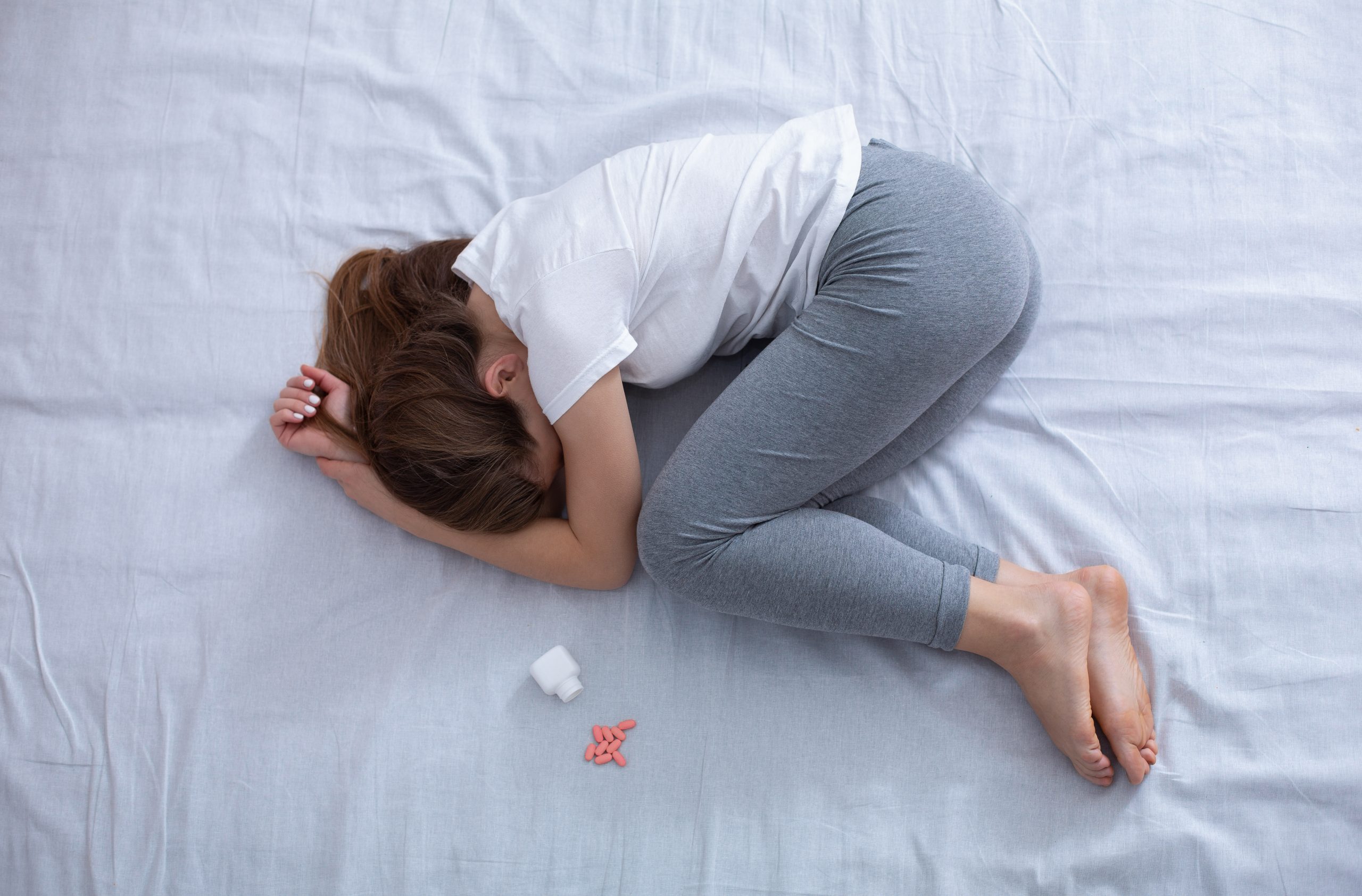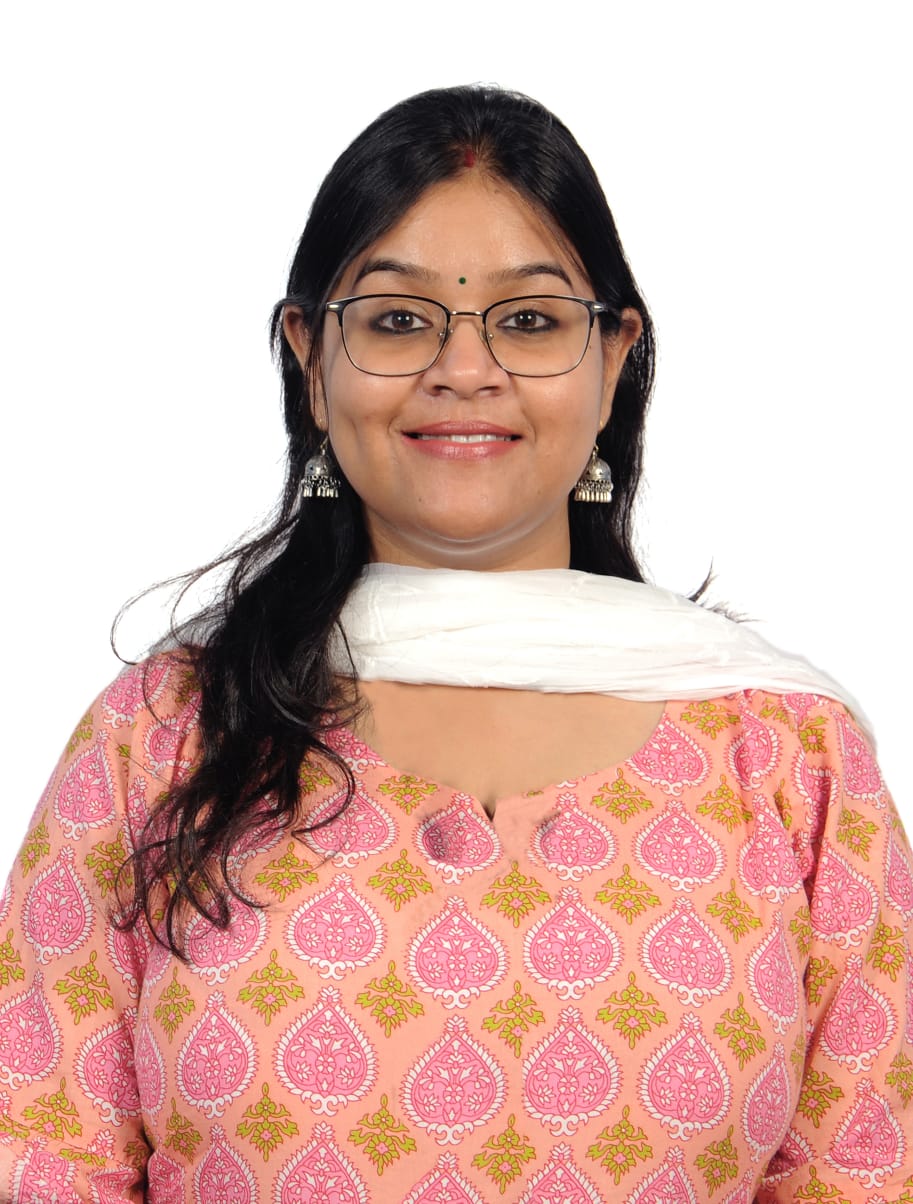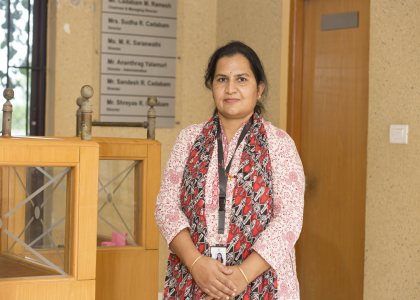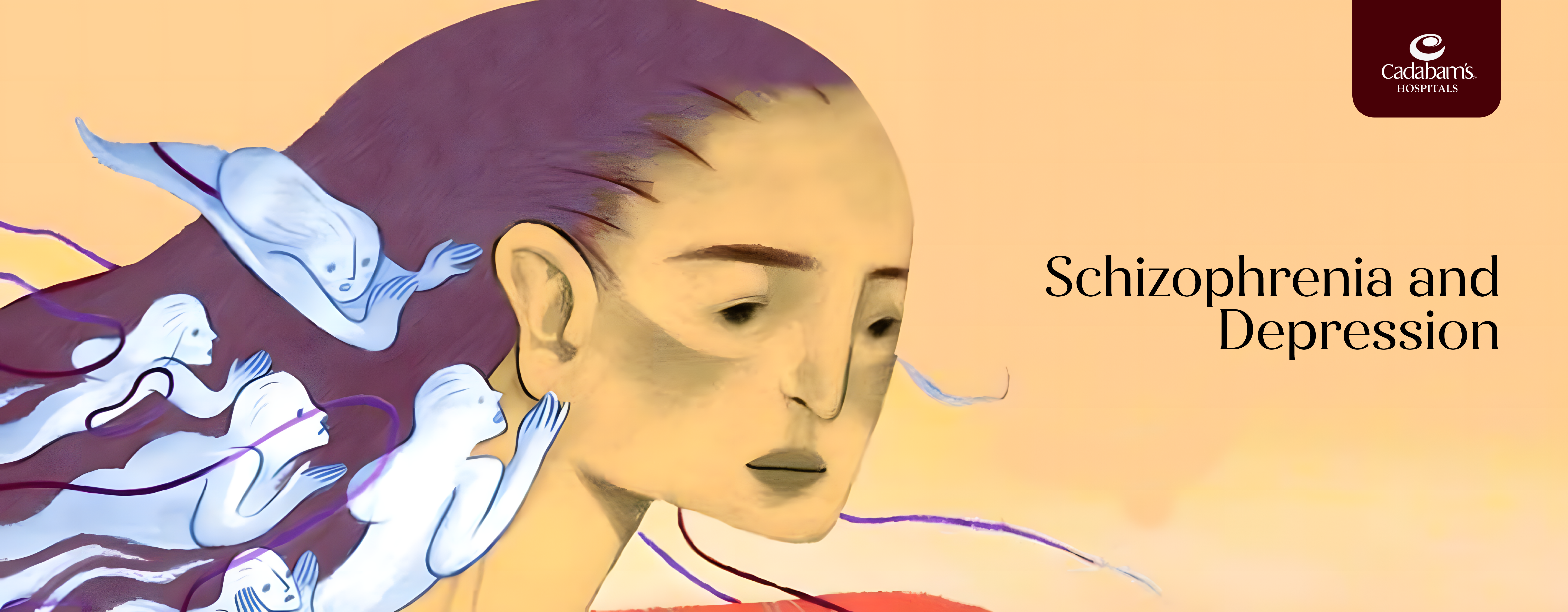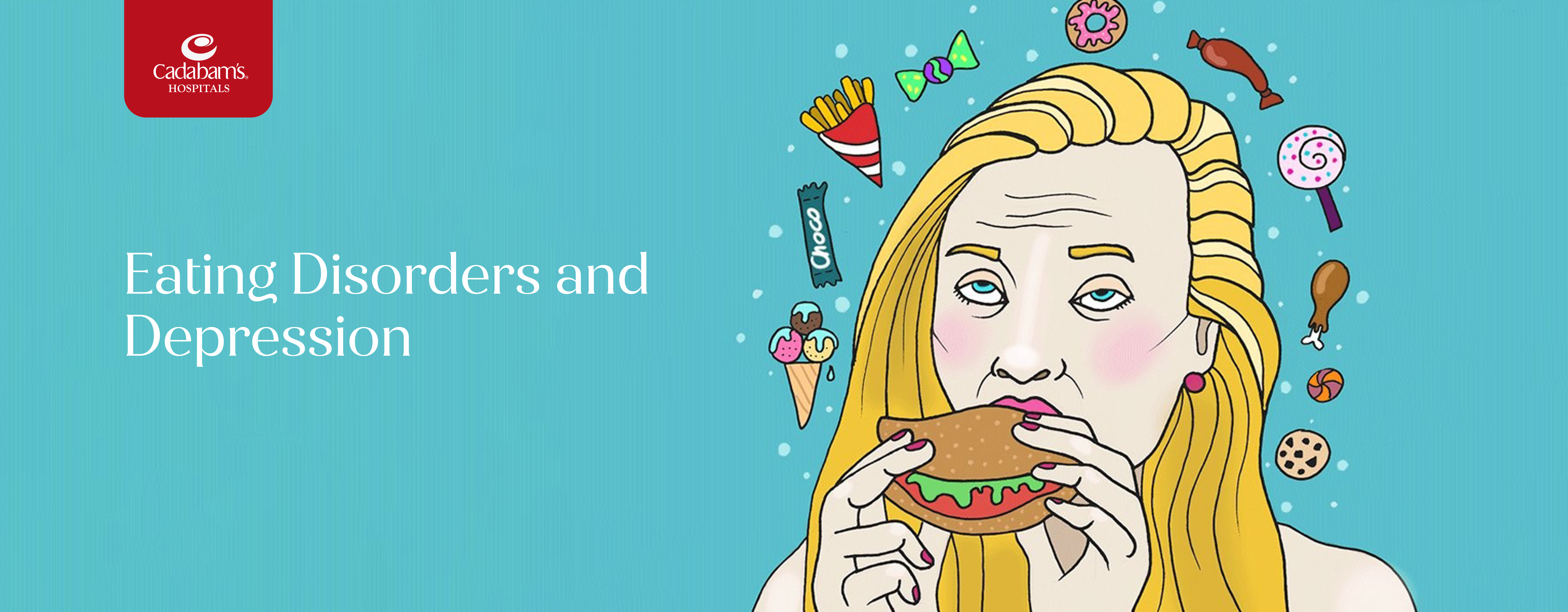Direct Cranial Stimulation for depression in Hyderabad
Depression can be a life-threatening disorder if left untreated. Being "sad" does not, however, imply that you are depressed. There's more to it, and it's always a good idea to have a full depression test from a licensed specialist to assess your situation. Transcranial direct current stimulation (tDCS) is a noninvasive brain stimulation technology that can cause long-term changes in cortical excitability, which can improve cognitive performance and clinical treatment. Cadabams has professional therapists who can help you not only recognise your symptoms but also develop the best treatment plan using Direct cranial stimulation for depression in Hyderabad.
28+ Years Professional Experience
This process can be helpful in overcoming all sorts of substance addictions — the quickest way to find out how is to book an appointment or ask your questions.
4.5 564 Google reviews
Cadabam's Hospitals
No.280, 15th Cross,5th Phase,
JP Nagar,Bangalore-560 078,India
Cadabam's Hospitals
90,Padmashree Gardens,Gowlidoddi,
Gachibowli,Hyderabad,
Telangana 500075, India
Get In Touch!
At Cadabam's, we've always got your back.
What People Say

Very happy with the facilities provided here. We are extremely grateful to Dr Vishal for his treatment and guidance. I liked the fact that he is very mindful of side-effects while prescribing medicines. Very good doctor and a very good hospital. Highly recommend.
Nithin Gopinath

Though we landed at wee hours of the night, doctors attended in time and we received professional treatment by all including hospital staff.

Excellent hospital and excellent doctors. They listen to you very patiently, do a thorough ore check before starting the treatment which inspires a lot of confidence. Dr. Madhukar is one of the best doctors I’ve met so far.
Narasimha Prasad

Very good cleanliness, disciplined, well behaved, good patience while handeling patient & their relations, good service overall excellent environment.

A good hospital for any kind of psychiatric problems. Very good and courteous staffs and well known doctors.
Anant Modi

Coordinated well I am very satisfied, very good, spent quality time with doctors & further treatment.

I visit Cadabam along with my wife to consult Dr. V. Khasi. We found the Staff very professional and polite with patients. We recommend Cadabam for anyone who requests us for the services available at Cadabam.
Sudarsan Barakman

I visit Cadabam along with my wife to consult Dr. V. Khasi. We found the Staff very professional and polite with patients. We recommend Cadabam for anyone who requests us for the services available at Cadabam.

Coordinated well I am very satisfied, very good, spent quality time with doctors & further treatment.

A good hospital for any kind of psychiatric problems. Very good and courteous staffs and well known doctors.
Anant Modi

Very good cleanliness, disciplined, well behaved, good patience while handeling patient & their relations, good service overall excellent environment.

Excellent hospital and excellent doctors. They listen to you very patiently, do a thorough ore check before starting the treatment which inspires a lot of confidence. Dr. Madhukar is one of the best doctors I’ve met so far.
Narasimha Prasad

Though we landed at wee hours of the night, doctors attended in time and we received professional treatment by all including hospital staff.

Very happy with the facilities provided here. We are extremely grateful to Dr Vishal for his treatment and guidance. I liked the fact that he is very mindful of side-effects while prescribing medicines. Very good doctor and a very good hospital. Highly recommend.
 Available
Available
